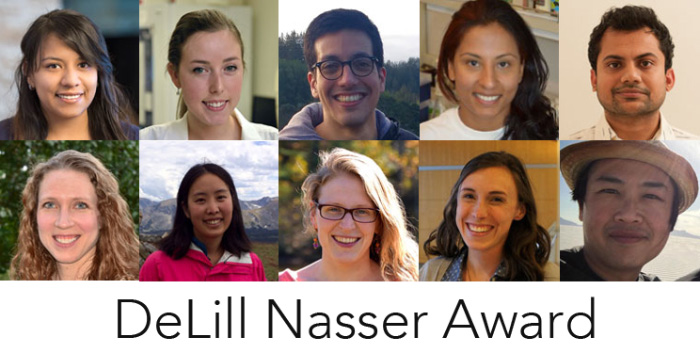GSA is pleased to announce the recipients of the DeLill Nasser Award for Professional Development in Genetics for Spring 2018! Given twice a year to graduate students and postdoctoral researchers, DeLill Nasser Awards support attendance at meetings and laboratory courses.
The award is named in honor of DeLill Nasser, a long-time GSA supporter and National Science Foundation Program Director in Eukaryotic Genetics. Nasser was regarded by some as the “patron saint of real genetics,” shaping the field through more than two decades of leadership. She was especially supportive of young scientists, people who were beginning their careers, and those trying to open new areas of genetic inquiry. For more about Nasser, please see the tribute from Scott Hawley, published in the August 2001 issue of GENETICS.
The next round of funding will open on March 1, 2018 with applications due on April 4, 2018.
Graduate Student Awardees

Maria Bravo Nunez
Stowers Institute for Medical Research
“I study how parasitic DNA elements sabotage the process of making gametes (e.g. sperm) to learn about the origins of infertility.”
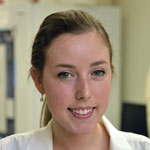
Alexandra Erwin
University of Kansas
“I study genomic instability and aging using the fruit fly as a model organism.”
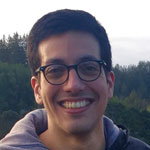
Piero Lamelza
University of Washington
“I use Caenorhabditis nematodes to study the evolutionary forces that drive the formation of new species.”
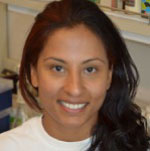
Dona Wisidagama
University of Utah
“I am investigating how disrupting mitochondrial pyruvate metabolism in fruit fly intestinal cells can lead to uncontrolled cell growth.”
Postdoctoral Awardees
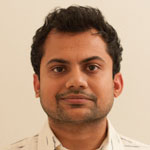
Mahul Chakraborty
University of California, Irvine
“I am using cutting-edge computational and molecular tools in conjunction with evolutionary theories to understand the molecular basis of heritable phenotypic variation.”
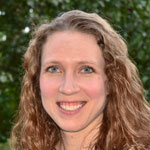
Alys Cheatle Jarvela
University of Maryland
“I am trying to understand why the mosquito genome was able to completely lose a gene that is essential for embryonic development in other insects, such as the fruit fly.”
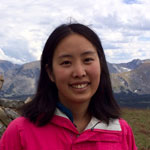
Nancy Chen
University of California, Davis
“I study how natural populations evolve over short timescales using genomics, pedigrees, and long-term field studies.”
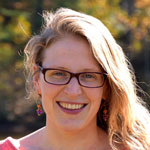
Priscilla Erickson
University of Virginia
“I study the evolution of genetic adaptations that allow fruit flies (Drosophila melanogaster) to detect changes in season and survive during the winter.”
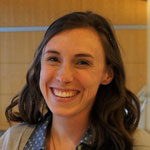
Caiti Smukowski
University of Washington
“I study how organisms adapt to new environments, with a current focus on how genetic interactions and mutations in interspecies hybrids confer beneficial outcomes.”

David Truong
NYU Langone Health
“We’ve erased 1.3 billion years of evolution by making bread yeast package their genome using human nucleosome proteins instead of their own.”


